In an effort aimed at advancing diabetes research, the University of Lincoln has announced a collaboration with the Royal Air Force (RAF), according to a press release.
This partnership seeks to better understand the challenges faced by individuals with diabetes in a military setting and develop more effective treatment strategies.
The collaboration brings together leading academics from the University’s Diabetes, Metabolism, and Inflammation (DMI) research group and RAF personnel from RAF Waddington.
Professors Claire Hills and Paul Squires, spearheading the project, are working alongside clinical colleagues from the Lincolnshire Heart Centre, including Professor Kelvin Lee and Dr. Usman Shah from United Lincolnshire Hospitals NHS Trust, and Dr. Maxime Inghels from the Lincoln Institute for Rural & Coastal Health (LIRCH).
The initiative also involves members of the RAF Waddington’s Diabetes Patient Sensor Support Group, which includes personnel from the prestigious Red Arrows Aerobatic Team.
Professor Paul Squires, quoted in the news release, emphasised the dedication of RAF personnel: “Working in the RAF requires hard work, commitment, and drive. To achieve this with a backdrop of managing diabetes is astounding, and all personnel with the condition, supporting healthcare professionals, and the RAF in general, demand our respect and admiration.”


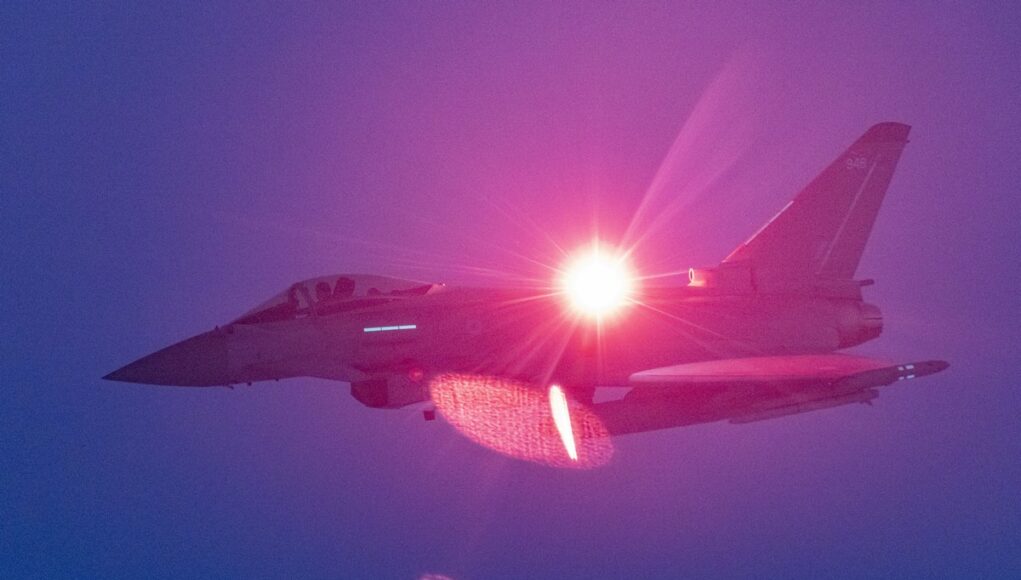
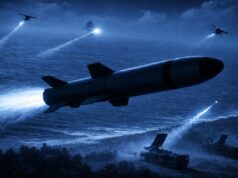
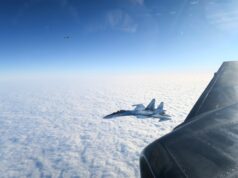
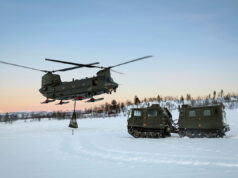

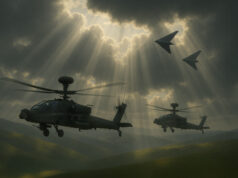
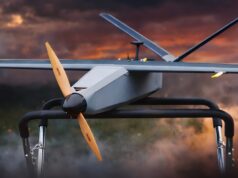
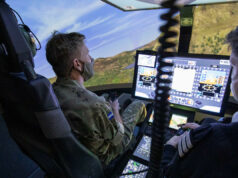
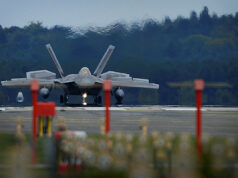
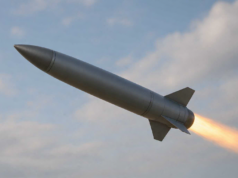


Why?
See the Second paragraph.
Because some service personal have diabetes and with diabetes comes a lot of different health impacts and implications and understanding, managing and mitigating those those in regards to deployment and occupation’s within the military are clearly considered important.